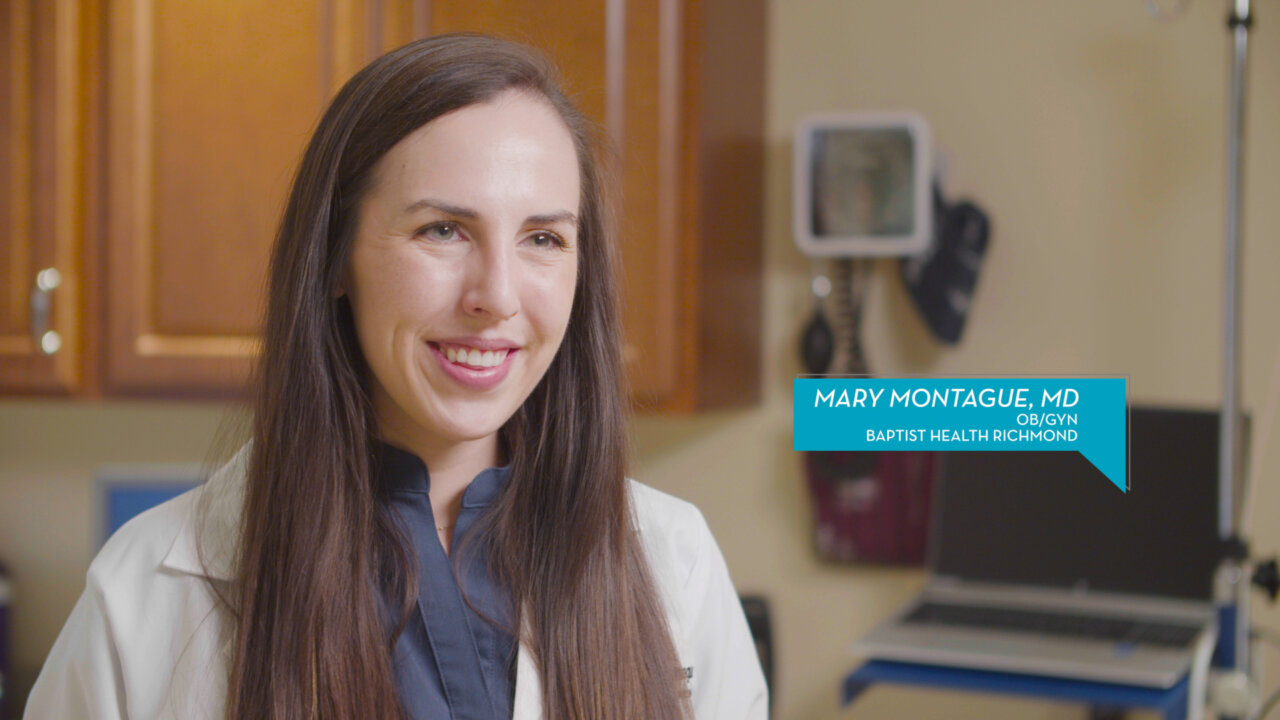How Does Chemotherapy Work?
.jpg?rev=0f3c3ddb41cf4eacbfdcf1319a19227f)
Chemotherapy is a medical treatment that uses drugs to target and destroy cancer cells. Unlike surgery or radiation therapy that address tumors in specific locations, chemotherapy can affect cells throughout the body. This makes it particularly useful for cancers that have spread or have a high risk of spreading.
How Chemotherapy Targets Cancer Cells
Cancer cells differ from normal cells in that they grow and divide at an accelerated rate. Chemotherapy drugs interfere with this process by disrupting cancer cells’ ability to replicate. Some drugs damage the DNA within cells, while others stop cells from dividing. Because these drugs travel through the bloodstream, they can reach cancer cells virtually anywhere in the body.
Common Types of Chemotherapy
There are various chemotherapy drugs, and doctors often use them in combination to maximize effectiveness. Common categories include:
- Alkylating agents: These directly damage DNA to keep cells from multiplying.
- Antimetabolites: These mimic normal cell nutrients, tricking cancer cells into using them and halting their growth.
- Antitumor antibiotics: These inhibit cancer cells by binding to DNA.
- Mitotic inhibitors: These prevent cells from dividing properly.
Side Effects and Why They Occur
Chemotherapy can also impact healthy cells—particularly those that divide quickly, like cells in hair follicles, the digestive tract and bone marrow. As a result, side effects may include:
- Hair loss
- Nausea and vomiting
- Fatigue
- Lowered immunity
- Mouth sores
- Gastrointestinal issues
Fortunately, many side effects are temporary and can often be managed with medication or other interventions.
Treatment Planning and Administration
Before starting chemotherapy, doctors evaluate factors like the type of cancer, how advanced it is and the patient’s overall health. Treatment may involve oral medications, injections or intravenous (IV) infusions, and it can be administered in cycles to allow healthy cells time to recover between treatments.
When to Seek Additional Support
Chemotherapy can be physically and emotionally challenging. Support services like counseling, nutrition guidance and support groups can help patients cope. If side effects become severe—such as high fever or prolonged vomiting—patients should contact their Baptist Health provider.
If you don’t already have a provider, you can find one on our online provider directory.
Next Steps and Helpful Resources
Learn More About Cancer Care at Baptist Health
How to Prepare For Chemotherapy
Tips for Getting Through Chemotherapy
Chemotherapy Side Effects



